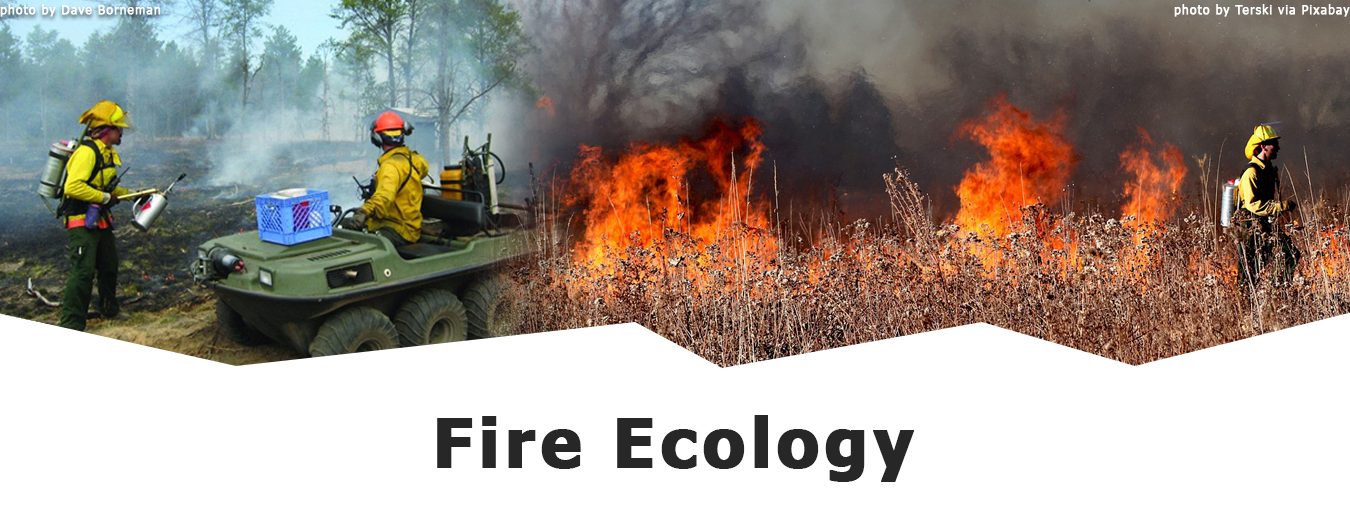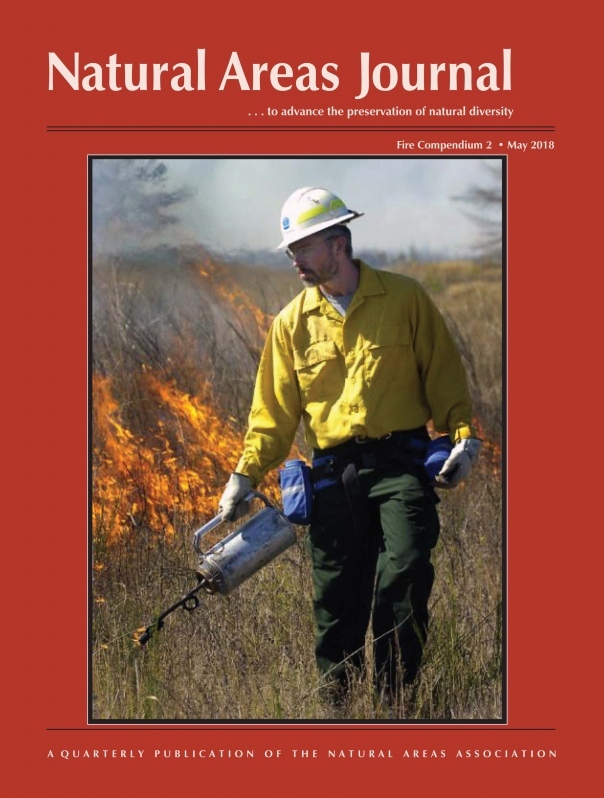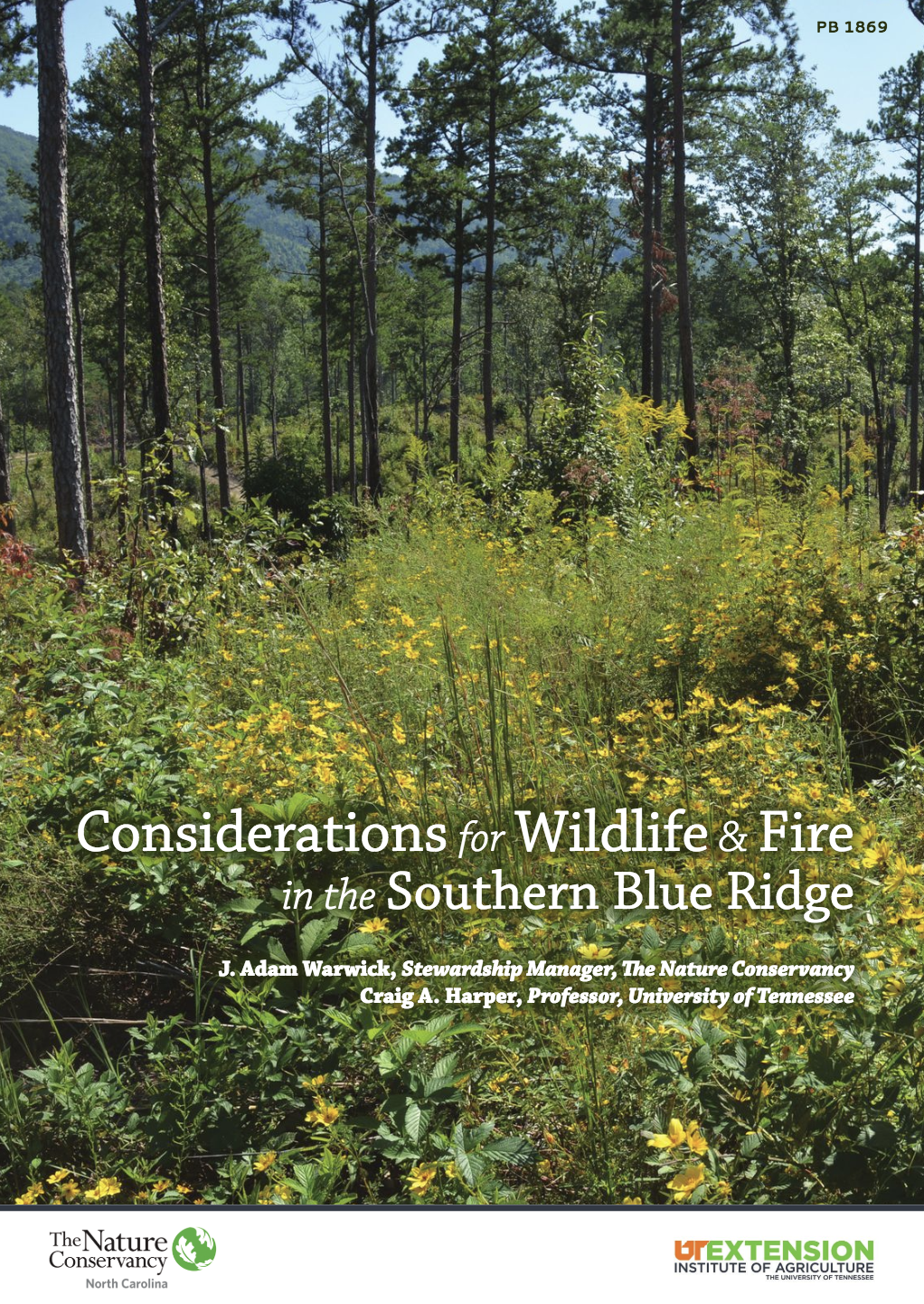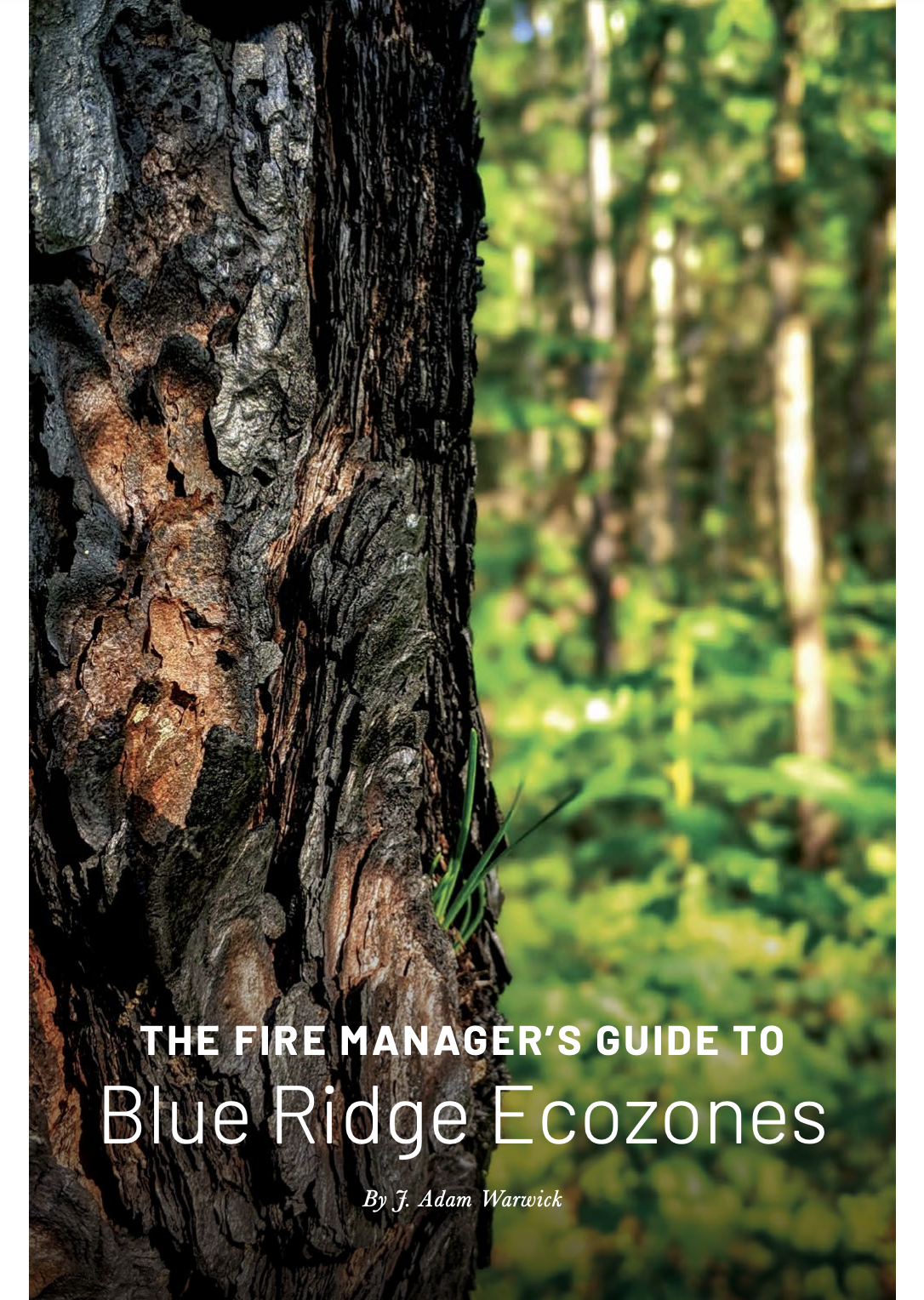
On this page, you'll find a collection of resources on a range of information relevant to this topic, including compendia and webinar archives. We include both NAA-generated resources, and resources from our partners and collaborators that NAA has curated to be useful to our members and the natural areas practitioner community.
Of special interest on this page are links to our two Fire Compendia, which are collections of the Fire Ecology-related articles that have appeared in the Natural Areas Journal between 1983-2009 and 2010-2017. You can access these resources directly through the menu on the right, or scroll down to see descriptions of each. We will be adding to this page regularly.
The Natural Areas Journal Fire Compendium 2010-2017
This is a supplement to the NAA Fire Compendium that was compiled in 2010 for articles published from 1983 to 2009. Like the first one, articles in The Fire Compendium 2 focus on fire ecology and management and are presented together for easy access by practitioners, academics and others working in this field of natural areas management.
This compendium includes a Foreword by Dr. Reed Noss of the Southeastern Grasslands Initiative and the Florida Institute for Conservation Science.
Natural Areas Journal Fire Compendium 1983-2009
The Natural Areas Association Fire compendium compiles articles from the Natural Areas Journal from 1983 to 2009 that address some aspect of fire ecology or fire management. The biggest value of a collection of articles dealing with fire ecology and management is that it allows easy access to information that while seemingly unrelated, may actually be useful to others for the insight it provides. The challenges and solutions of a small, private preserve manager in the Southeast may be germane and useful to the manager of a large publicly owned western landscape.

NAA webinars after 2019 can be found on the Webinar Archive page.
Residual Fire Regimines and Their Value in a Post-Suppression Management Areas
Presented by: Tom Saladyga, Asst. Prof. of Geography, Concord University; Alecea Standlee, Asst. Prof. of Sociology, Concord University
This webinar from the 2017 NAA Webinar series hows how those surviving fire regimes can help inform current and future forest management and restoration objectives. This webinar will focus on the Central Hardwood Forest and, specifically, the Pennsylvania Anthracite Regions where fire activity has continued uninterrupted into the 21st century.
Contents:

Contents:

Support the people who manage our natural areas and protect biodiversity in perpetuity.